Professional media outlets that practice the use of good journalism follow an ethical code of conduct that include the principles based on the organizations core values and standards. When receiving political news, political campaigning, and calls to action you know that the information is accurate and it is being upheld through the ethical code of conduct. However, it is now estimated that more than 2/3 of U.S. adults receive the majority of their political news from social media outlets. Social media outlets are not regulated which poses the question what are the ethics of social media use in politics? Campaigning for 2016 election Donald Trump’s campaigning team spent over 44 million dollars on micro-targeting Facebook ads. Facebook used user data that they have collected to successfully target these ads to people that they would be most susceptible to. This micro-targeted advertising on social media was highly effective in persuading undecided voters to support Trump, as well as in convincing Republican supporters to turn out on polling day. It appears this socialization tool is now turning into a political weapon that sells personal data to politicians. Facebook is in the mists of many privacy and ethical controversaries. This leads me to pose the question is it ethical for Facebook to use their user data to adequality target political campaigning ads?
The power that these social media platform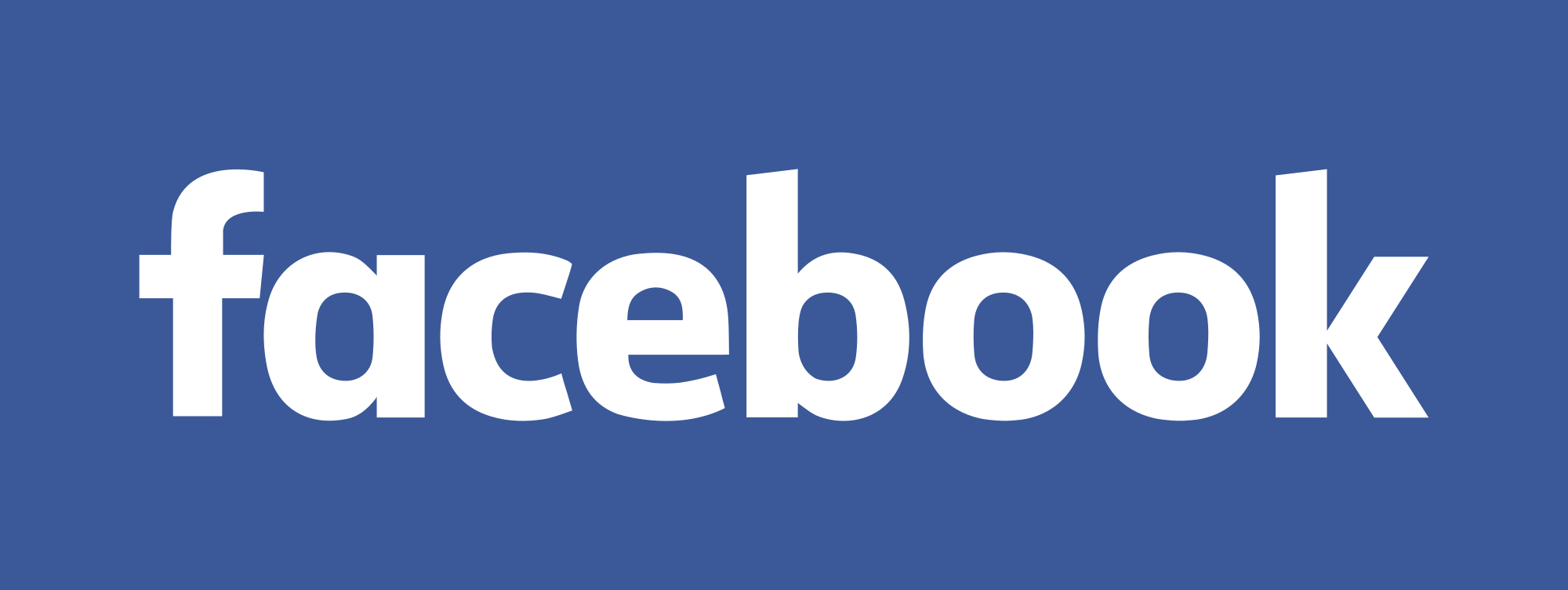 s have in their ability to shift politics is enormous. Facebook certainly contributed to Donald Trump’s election. Facebook was able to successfully micro target their users with these campaign ads based on data that showed gender, age, location, political history/beliefs, income, and purchasing habits. This along with algorithms allowed Facebook to create voter lists. We must question whether or not it is ethical for Facebook to use this information in this way and whether it infringes upon citizens privacy. This also raises issues about users informed consent and tracking.
s have in their ability to shift politics is enormous. Facebook certainly contributed to Donald Trump’s election. Facebook was able to successfully micro target their users with these campaign ads based on data that showed gender, age, location, political history/beliefs, income, and purchasing habits. This along with algorithms allowed Facebook to create voter lists. We must question whether or not it is ethical for Facebook to use this information in this way and whether it infringes upon citizens privacy. This also raises issues about users informed consent and tracking.
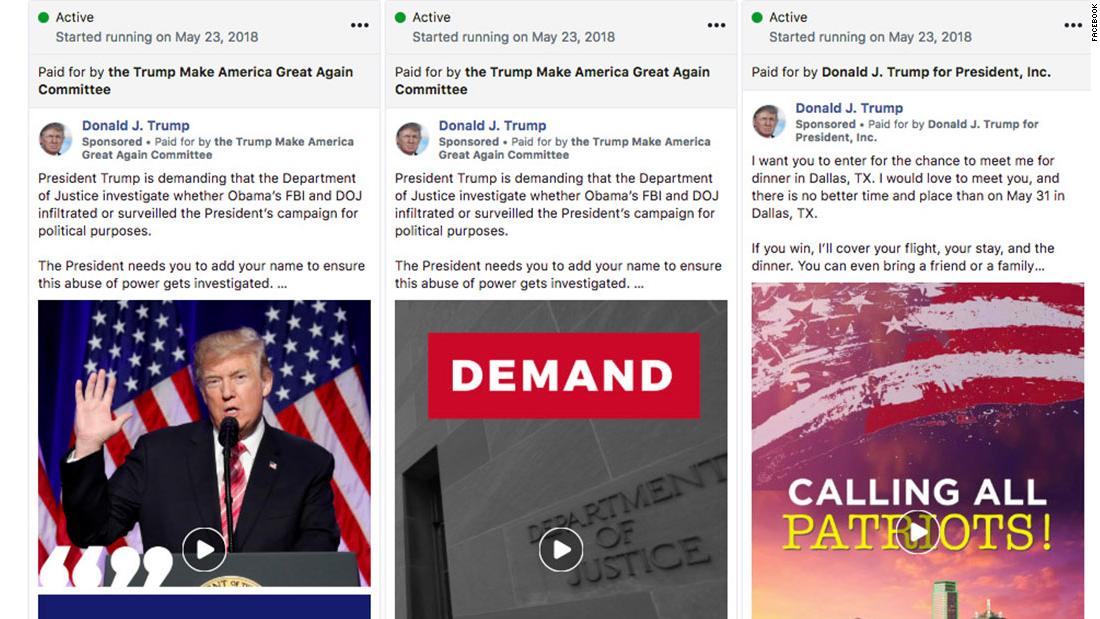
https://www.cbc.ca/passionateeye/m_features/how-facebook-was-harnessed-to-micro-target-voters-and-promote-donald-trump
https://phys.org/news/2018-11-impact-facebook-advertising-elections.html
Throughout the world many citizens use protests as a way to demonstrate their political advocacy for a topic or agenda. Protests can often times result in real change, new legislation, and even revolutions, however they are never easy and may result in governmental backlash. We are currently on day 4 of the Extinction Rebellion protests in London. Extinction Rebellion is a socio-political movement which intends to utilise nonviolent resistance to avert climate breakdown, halt biodiversity loss, and minimise the risk of human extinction and ecological collapse.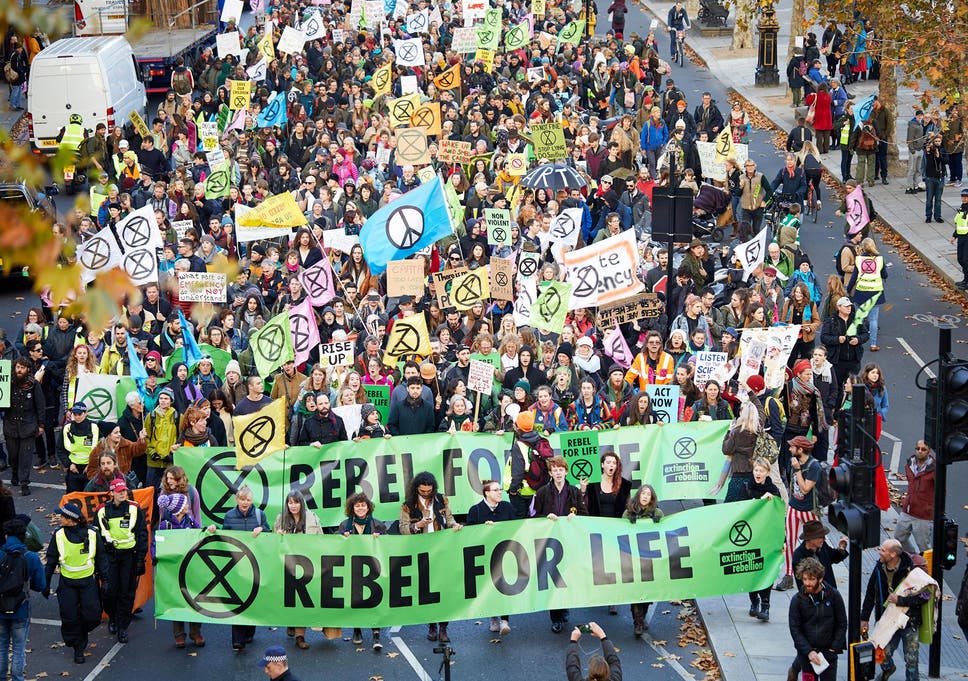
Protestors are currently occupying four pressure points in Britain’s capital and have set up roadblocks. They are calling on the government to reduce carbon emissions to zero by the year 2025. Although this protest has gained a lot of support worldwide it has not come without its difficulties. There have been over 400 arrests linked to the Extinction Rebellion with the capitals cells rapidly filling up. Police have had trouble controlling the protest due to policing budget cuts. Many who have been arrested are being taken to police stations outside of London. Although there have been a vast number of arrests the police are approaching it lightly out of fear that they might lose public support.
The Extinction Rebellion has resulted in a large social media presence. They have an official website where you can join the rebellion. There has been a vast number of tweets about the protest including British influencers encouraging the youth of the country to get involved. Many media platforms such as BBC within the UK are providing live updates of the protest. It appears it is growing in support and coverage. I will be interested to see how long this protest will last as the day continues. I admire their call to action and political advocacy for our environment and climate.
social media presence. They have an official website where you can join the rebellion. There has been a vast number of tweets about the protest including British influencers encouraging the youth of the country to get involved. Many media platforms such as BBC within the UK are providing live updates of the protest. It appears it is growing in support and coverage. I will be interested to see how long this protest will last as the day continues. I admire their call to action and political advocacy for our environment and climate.

Cell phones provide us with timely communication at our fingertips. It is very rare to go anywhere without your cell phone these days. They have become an extension of ourselves. Although many people use their cell phones for texting friends, staying up to date on social media, and calling their family, cell phones have the potential to shape our world. This was evident for a young boy in South Korea named Lee Chun-Kil who texted his friend “Gwanghwamun station. 6:00” while sitting in class. This simple text message rapidly circulated, spreading the news of the protest. The next day there was over 400 students gathered to protest the severe pressures they must endure for the
 nation’s highly competitive college-entrance exam. Many protestors admitted that they don’t think the rally would have been so large without the text massage.
nation’s highly competitive college-entrance exam. Many protestors admitted that they don’t think the rally would have been so large without the text massage.
Cell phone text messaging also known as SMS has proven to be the new political tool for activists. Text message formatting has been described as a “mobile democracy” by political science experts. There have been many instances where cell phones are used to mobilize protests, underhand authorities, and fire off political spam. Another way cell phones have shaped South Korea alone was in the election of Roh Moo Hyun. In December of 2002, mainstream media favored his opponent Lee Hoi Chang. He was more heavily favored after a former rival who had endorsed Roh withdrew his support the day before election day. However, Roh’s base was with the younger “technology” generation. His supporters launched a massive campaigning effort. They released emails and text messages to over 800.000 voters the morning of election day. This resulted in Roh winning the presidency. The power that cell phones hold within the current political state of the world is incredible. Advancements within technology will only increase the use of mobile devices in the political arena.

There is no doubt that advancements within technology and increased use of social media have certainly had a large effect on political activism and engagement. In many instances, social media has been used to bring attention to injustices that are occurring within countries and create a call to action. The Forbes article “If You Doubt That Social Media Has Changed The World, Take A Look At Ukraine” by Greg Satell describes how social media has played a large role in inciting action towards the Ukraine government. The author describes how he remembers a café across from his apartment where politicians and oligarchs would flaunt their security guards like Gucci purses. The Soviet system of government was every bit as hierarchical as it had been under Tsars. Government officials, elites and their families didn’t get arrested for violations, even vehicular manslaughter. Many Ukraine citizens noticed the situation, but simply ignored it out of fear of ramifications for speaking out. However, the line was crossed when a young woman named Oksana Makar was gang raped, burned alive and left for dead. She managed to survive and named her attackers who were let go due to influential status. The young woman’s mother uploaded a video of her badly beaten daughter to YouTube which ended up going viral. Later a confession of one of her attackers was leaked and went viral as well. Both caused outrage and protests amongst the Ukraine citizens. The men were re-arrested and sentenced to prison. This planted seeds for current protests. This incident reminded Ukraine citizens that many crimes have been committed without penalty by people of privilege including President Yanukovich himself who had twice been convicted of violent crimes in his younger days. The citizens were over government officials making backroom deals. So, when President Yanukovich backed out of a trade deal with the European Union social media exploded and the streets were filled with protesters.

In 2004, Ukraine controlled most of the media outlets. Reporters had to watch what they reported on in fear of losing their jobs. Allies of the Yanukovich regime began to buy up media companies and install new management. Many journalists resigned and began supporting revolutions on Facebook. These posts were shared thousands of times and were read and discussed widely.
Social media provides a platform where anyone can broadcast their opinions and concerns. Nobody needs to ask for permission, even in a corrupt, authoritarian country. For this reason, social media is playing an increasing role in shaping protests and revolutions. The most well-known cases of this are certainly the Egyptian and Arab Spring revolutions. These Facebook/Twitter revolutions were so impactful because they heavily focused on mobilizing young protestors. Networks formed online were crucial in organizing a core group of activists, specifically in Egypt. Civil society leaders in Arab countries emphasized the role of “the internet, mobile phones, and social media” in the protests. Additionally, digital media has been used by Arabs to exercise freedom of speech and as a space for civic engagement. I think these revolutions are more well-known because studies have shown that the importance of social media was in communicating to the rest of the world what was happening on the ground during the uprisings. So not only were they inciting the revolution within their own countries, but they were letting the rest of the world know what was happening. This along with graphic images of protestors being badly beaten and killed made it a huge story for the media to cover versus other media revolutions such as the one in Ukraine that occurred at a smaller scale.

There is no doubt that in the current technological age social media has a large impact on our democracy. Increased use of social media in the political atmosphere has resulted in the growth of “viral engagement”. Viral engagement is defined as a political message or campaign that spreads quickly, reaches a large audience, and creates a call to action. This notion led me to pose the question is viral engagement good or bad for democracy? Viral engagement can be positive in the sense that it can create a democratic public sphere where citizens can deliberate policies and beliefs. Social media also creates a platform where individuals can mobilize their movements and gain mass attention around their cause/concept. However, we must also recognize the cons and effects of viral engagement as well. Viral engagement can summon a collective mass that is driven by largely unconscious forces and simple notions. This can result in an outlet where these masses can be easily manipulated.
An example of viral engagement is the 2010 Egyptian revolution that began on Facebook. Wael Ghonim created a Facebook page stating “Today they killed Khaled” , “If I don’t act for his sake, tomorrow they will kill me” after viewing an image of a bloody and disfigured man named Khaled who was beaten to death by the Egyptian police. He created a page of political awakening that described the oppression that was occurring in Egypt. His page went viral and he made a call to action through organizing protests. What bubbled up online inevitably spilled onto the streets, starting with a series of “Silent Stands” that culminated in a massive and historic rally at Tahrir Square in downtown Cairo. This Facebook page helped to ignite an uprising that led to the resignation of President Hosni Mubarak and the dissolution of the ruling National Democratic Party. Although Ghonim’s Facebook page demonstrates how viral engagement can reach the masses and create real political change it did not come without consequences. Many young Egyptians were killed in these protests. Mark Zuckerberg refused to acknowledge how his platform enabled these movements.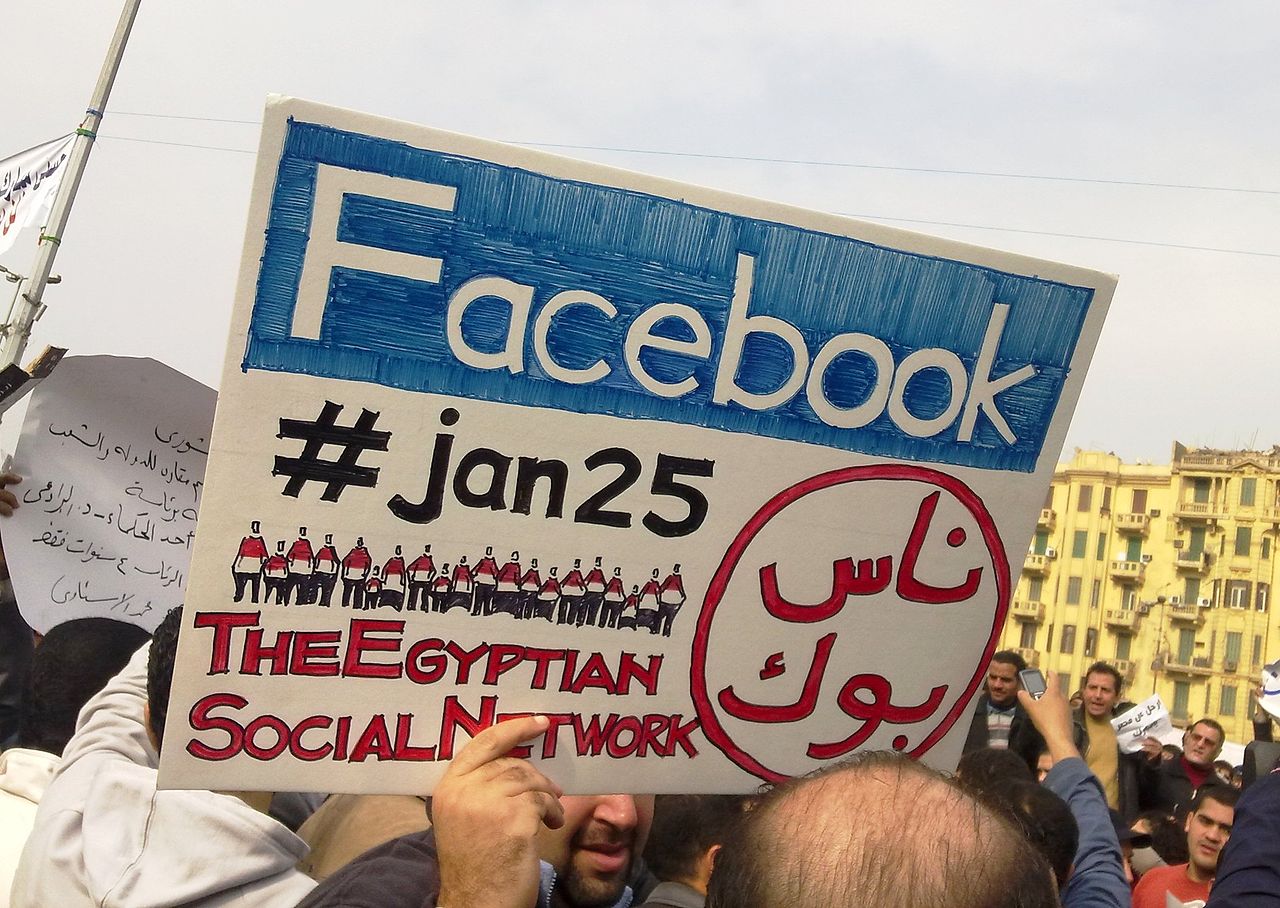
https://www.nytimes.com/2012/02/19/books/review/how-an-egyptian-revolution-began-on-facebook.html
Along with an increase in viral political movements there has been a growth of viral political memes in recent years. An example of a viral political meme is pictured. This meme went viral because of its outrageous images, simple message, and humorous appeal. The first three pictures are of unnatural events while the fourth is Trump sitting in office. The meme reads “Do you ever look at stuff and wonder how it got there?”. Many citizens are aware that Trump did not have any political or governmental experience prior to the presidency. This meme creates humor and plays off of the idea that he is unfit for office.
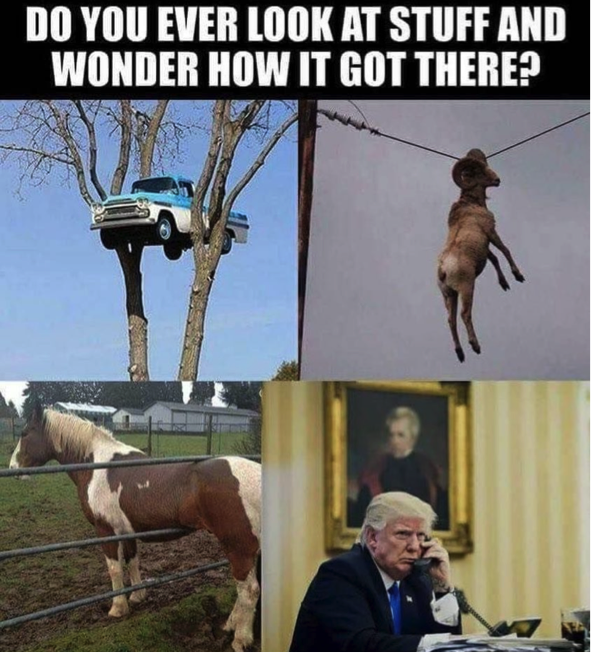
The Atlantic’s article “Why Technology Favors Tyranny” explained how artificial intelligence has the potential to erode democracy. The article suggests that our growing reliance upon technology will result in a centralization of power. This will allow dictatorships to thrive with a vast amount of data. Artificial Intelligence will only continue to grow and eventually outpace job creation. This is an area of politics that we have yet to address. Lesser forms of artificial intelligence and technology in general have already begun to create job loss within more labor intensive fields. Donald Trump was able to exploit this job loss by appealing to these citizens and their fears. I think it is important to educate our citizens on the vast power that machine engines such as Google and Facebook have. We have become reliant upon these corporations and in return they have a large amount of our personal data.
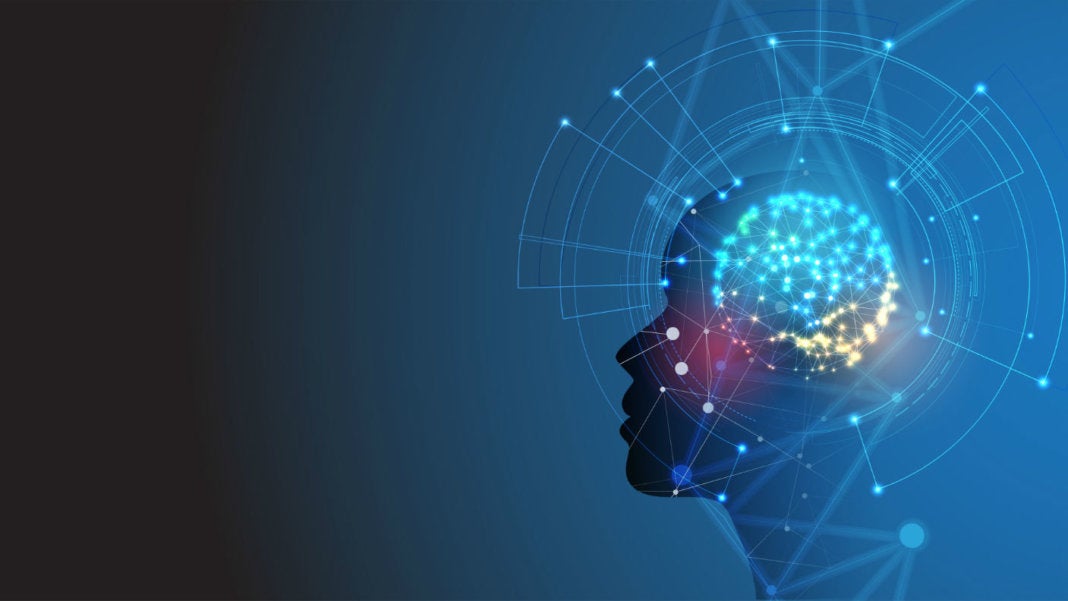
This is not to say that these machines are going to on day rise up against us, but this increase in artificial intelligence and date collection does have the potential to alter our democratic political process. Artificial Intelligence has the ability to recognize and target citizens fears, interests, and prejudices. This allows them to warp the information that they are exposed to and in return re enforce or alter their beliefs. When you centralize a vast amount of data it limits the diversity of opinion. We must counteract this by finding ways to prevent too much data from being concentrated in too few hands. We also have to recognize the fact that artificial intelligence has the potential for vast progress, so it will only continue to be developed. However we must make the effort to also put time and energy into developing human consciousness and maintain democratic values.
Affective publics are publics that actualize by feeling their way into politics through media. They can reflexively drive a movement or get trapped in a loop of sustained affective engagement. Through semantic means, they are able to define the personal as political and thus lay claim to agency. As stated in the reading “Affective Publics and Structures of Storytelling: Sentiment, Events, and Mediality” these publics often materialize on Twitter but can also be expressed through other social media platforms. As described in the article “Review of Zizi Papacharissi’s Affective Publics: Sentiment, Technology and Politics” by Candance Rai, social media has the ability to mobilize through collective feelings of intensity, belonging, and connection.
Historically, hashtags on Twitter developed as an informal method of highlighting ideas in unformatted text and trying to grow conversation around a topic. This creates civic engagement that invites a publicness through the crafting of affective words that are generated through the hashtag. Twitter creates a storytelling function that has the ability to reach millions of people and culminate in political action. For example, on Twitter’s 10-year anniversary the site published a list of the most used hashtags and #blacklivesmatter was ranked third. After deaths of many African Americans due to police brutality citizens began the hashtag black lives matter on Twitter in an effort to gain recognition of the injustices that were occurring in our country. After Michael Brown’s death the hashtag appeared on average 58,747 times per day for 3 weeks. Between 2013 and 2016 alone it was tweeted 13.3 million times. This hashtag created a social and political movement that spread across the country. Through the means of affective publics twitter can be used as a platform that encourages the formation of networked selves that coalesce around politics of the everyday through play, performativity, and public dreaming.
Based upon the article “Habermas and the Public Sphere” the public sphere is defined as a virtual or imaginary community which does not necessarily exist in any identifiable space. Described in its ideal form it will generate opinions and attitudes which serve to affirm or provide a check on the affairs of the state. The argument within the public sphere is that If the citizenry is to play a role in a democracy then it needs access to an institutionally guaranteed forum in which to express their opinions and to question established power. The way in which the public sphere operates has shifted through changes and advancements within society. Prior to social media citizens main sources for political news were through newspapers and media networks. This created a deformation within the public sphere through the advance of social welfare, the growth of cultural industries, and the evolution of large private interests through media.
However, the way we view and share news as well as participate in deliberation has shifted with the growth of social media. Social media effects the public sphere both negativity and positivity. As stated in the article “The Public Sphere and the New Media” by Christopher Neal we must recognize that this new media has created both strong and weak ties amongst the public sphere. Social media can create weak ties due to acts of filter bubbles and algorithms. As described in the Sunstein article the information we are exposed to is often filtered and personalized to support our biases and moral viewpoints. This leads citizens to develop more extremist views when they are constantly exposed to information that supports their agenda with little exposure to differing opinions and perceptions. However, taking into account the situation of the public sphere before the emergence of social media we can allow ourselves optimism. Social media has had a large impact on the public sphere over the course of the past decade by creating various movements across the nation. Today is the anniversary of the Parkland shooting that occurred last year. After this tragic event students from Parkland were able to reach the nation by creating the March for Our Lives hashtag on various forms of social media. This created a strong pull for public participation and activism on gun regulations that provided a check on state affairs. Various other movements such as “Me Too” and “Black Lives Matter” have swept social media. Social media can create a community of dialogue of public opinion, but it does not come without a cost. I do not feel that the ideal public sphere will ever be fully achieved.
/cdn.vox-cdn.com/uploads/chorus_image/image/58830911/922441420.jpg.0.jpg)
When beginning to read Cass Sunstein’s article I was not surprised that Google values the idea that the news you are exposed to should mirror your interests, however I was surprised that many internet and news outlets have the option to personalize or customize what news/entertainment you receive. This creates communities of likeminded individuals amongst citizens without healthy exposure to opposing views. Based on two studies Sunstein creates a strong claim that when likeminded people talk about political/cultural issues their opinions on those issues become reinforced resulting in a more extremist viewpoint. This theory makes sense because as humans we feel more confident and assured around those who share similar beliefs. I agree that in order to strengthen democracy our society must participate in deliberation with those of differing opinions, but I feel that the solutions Sunstein presents will not solve the whole problem. Sunstein speaks on the topic of “political charity” which he describes as news corporations putting forth good faith and legitimatizing rival companies or those with opposing opinions. Although this is a concept that I would be in support of I just do not see it as realistic. Our media often mirrors our political climate and as stated by Steven Levitsky and David Ziblatt in “How Democracies Die” our democratic guardrail of mutual respect and legitimacy of opposing political opponents has eroded with the previous presidential election of Donald Trump. A large contribution to our polarizing climate is News outlets and Media sources that frame their content to appeal to the biases of their viewers/base, undermining their content and showing mutual respect for other outlets would simply be bad for business and not something I see many sources jumping on. Another solution he posed was creating more deliberative forums on the internet in which people can engage with others who have opposing beliefs. Although I think this is a valid proposal, we must not forget the internet has created filter bubbles that use algorithms to personalize the content one is exposed to, to reinforce their own beliefs/interests. Citizens today are simply not exposed to as many people with differing opinions due to these algorithms. Citizens would have to make the conscious effort to go to these internet forums and deliberate with others which would place them out of the comfort zone of the communities of likeminded people that the internet has created.
The Conversation’s article “How Social Media Fires People’s Passions and Builds Extremist Divisions” shows how social media fuels extremist positions through these communities. Based on their studies smartphones and web applications are increasing people’s passions while also driving them to polarizing extremes. The article explains how people use social media to communicate their need for things like money, attention, and prestige, but once they become a part of a social media platform, they start to search for wider audiences that share approval and interests. These communities further fuel the information they are exposed to therefor the majority of information they are seeing on social media is in support of their ideals. Then when people want to broaden out beyond their immediate social networks the most effective way to achieve mass appeal and converge is to turn to the extreme. We often see that the things/comments that go viral on the internet are the most outlandish extreme views. Sunstein’s theory is a legitimate concern, however the solutions to it are very difficult due to the complexity of social media and its drive within polarization.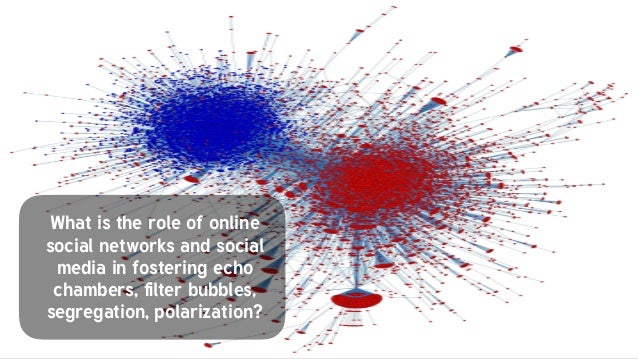
Alexandria Ocasio-Cortez and Ed Markey’s “Green New Deal” bill is a topic that has swept current events this week. When researching this agenda, I found that it was covered by both Fox News and CNN. After reading both news outlets articles, I found that the news organizations framed the agenda in a very different light to appeal to their viewers moral values. The Fox News article “Ocasio-Cortez, Markey to unveil Green New Deal Legislation” by Adam Shaw described the Green New Deal bill as “a push to implement a massive package of big-government programs aimed at radically transforming the American economy.” They frame the bill as a leftist rallying cry that would lead to a rise in socialism. This rhetoric plays on their conservative viewers fears of government expansion. They paint the bill in a negative light by stating that it was created to eliminate nonrenewable resources and will leave many industry workers jobless. This creates an unfavorable perspective for their right leaning audience base that support small businesses and natural resource exploitation. Fox News concludes that this bill was created to offer a laundry list of left wing promises such as universal Health Care and job-guarantee programs.
Link to Fox News Article
CNN also published an article on the Green New Deal bill titled “Alexandria Ocasio-Cortez and Ed Markey to unveil ‘Green New Deal’ Bill” by Sunlen Serfaty. This article describes the bill as a way to counter act climate change. CNN stated that the bill will address issues such as job creation, emission reductions, greening infrastructure and a variety of principles that would come with a robust climate change package. They frame the bill in a way that appeals to their liberal audiences’ values of addressing humanitarian concerns with our environment. They paint it in a positive light by stating that the Green New Deal bill possesses great potential as many new 2020 Democratic Presidential Candidates are embracing the bills ideals. CNN also plays on their viewers fears by advertising the oil and gas lobbyists as a force standing in the way of a better environment for all. CNN concludes that the bill is a step in the right direction for the future of our country as well as earth.
Link to CNN Article
I chose to work with these two articles because they are a perfect example of how different media outlets frame stories and agenda to appeal to the moral values of their audience. Although both articles were covering the same story, their interpretations and framing of the bill was very different.

 s have in their ability to shift politics is enormous. Facebook certainly contributed to Donald Trump’s election. Facebook was able to successfully micro target their users with these campaign ads based on data that showed gender, age, location, political history/beliefs, income, and purchasing habits. This along with algorithms allowed Facebook to create voter lists. We must question whether or not it is ethical for Facebook to use this information in this way and whether it infringes upon citizens privacy. This also raises issues about users informed consent and tracking.
s have in their ability to shift politics is enormous. Facebook certainly contributed to Donald Trump’s election. Facebook was able to successfully micro target their users with these campaign ads based on data that showed gender, age, location, political history/beliefs, income, and purchasing habits. This along with algorithms allowed Facebook to create voter lists. We must question whether or not it is ethical for Facebook to use this information in this way and whether it infringes upon citizens privacy. This also raises issues about users informed consent and tracking.

 social media presence. They have an official
social media presence. They have an official 
 nation’s highly competitive college-entrance exam. Many protestors admitted that they don’t think the rally would have been so large without the text massage.
nation’s highly competitive college-entrance exam. Many protestors admitted that they don’t think the rally would have been so large without the text massage.






/cdn.vox-cdn.com/uploads/chorus_image/image/58830911/922441420.jpg.0.jpg)



